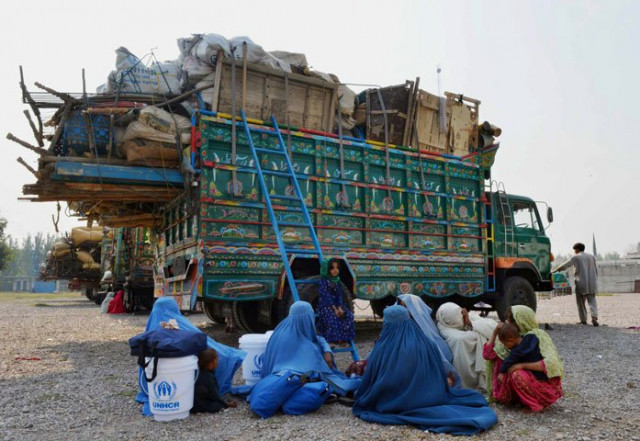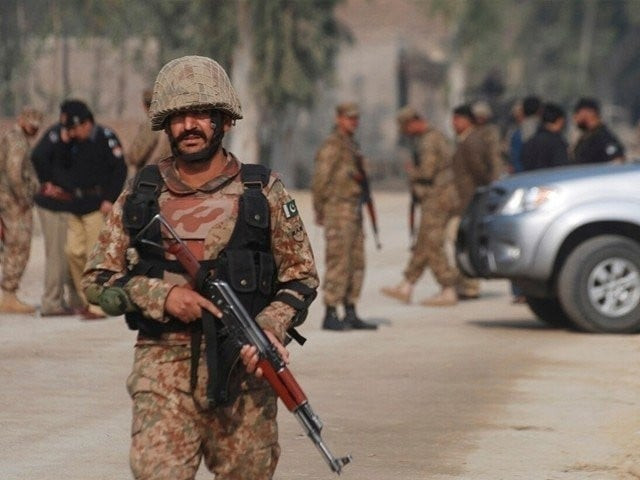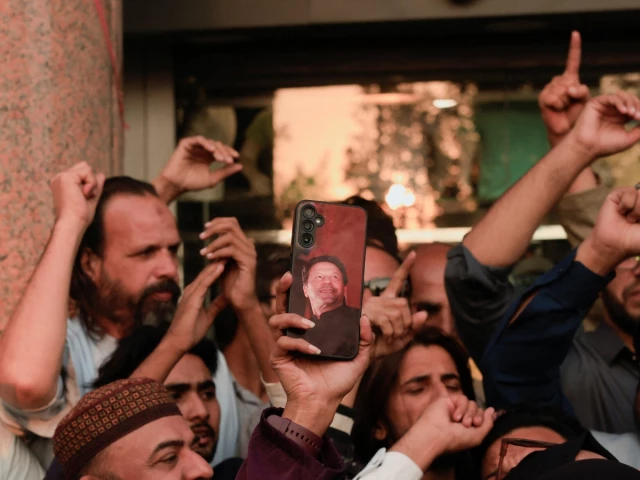Understanding Recent Developments in Afghan Refugee Deportations from Pakistan
Pakistan’s decision to deport documented Afghan refugees is causing quite a stir. With a looming deadline—set for September 1—more than 1 million Afghans who hold various forms of registration are facing the possibility of expulsion. Recently, reports from the United Nations High Commissioner for Refugees (UNHCR) revealed that arrests and deportations are already occurring, raising significant concerns about the human rights implications of these actions.
The UNHCR has expressed deep worries, labeling the early deportations as a violation of international obligations. They urge the government of Pakistan to adopt a more humane approach, advocating for voluntary and dignified returns instead of forced expulsions. It’s critical to recognize that many of these refugees have made Pakistan their home for decades, fleeing cycles of violence and insecurity in Afghanistan that date back to the 1980s.
Key figures estimate that over 1.3 million refugees possess Proof of Registration cards, while an additional 750,000 hold Afghan Citizen Cards. These numbers underscore the long-standing presence of Afghan communities in Pakistan. The rapid repatriation efforts under the Illegal Foreigners Repatriation Plan have sparked fears not only for the well-being of the refugees but also for the potential instability it could unleash, both in Afghanistan and across the region.
The situation being dynamic, Pakistan has stated that they wish for all Afghan nationals to leave, except for those with valid visas. The repatriation push has been described by some as a response to security concerns, with Pakistani authorities claiming that certain crimes and militant activities have been linked to Afghan nationals. However, officials in Afghanistan refute these claims, branding the deportations as forced.
As events unfold, it is crucial to remain informed and engaged. The disproportionate effect of hasty repatriations can risk lives and livelihoods, highlighting the necessity for a balanced approach that respects human rights. Through understanding these complexities, we can foster better dialogue around refugee issues.
For those looking to explore this topic further or seeking ways to get involved, consider connecting with resources and organizations that focus on refugee rights, such as Pro21st. They can provide valuable insights and opportunities for support.
At Pro21st, we believe in sharing updates that matter.
Stay connected for more real conversations, fresh insights, and 21st-century perspectives.





